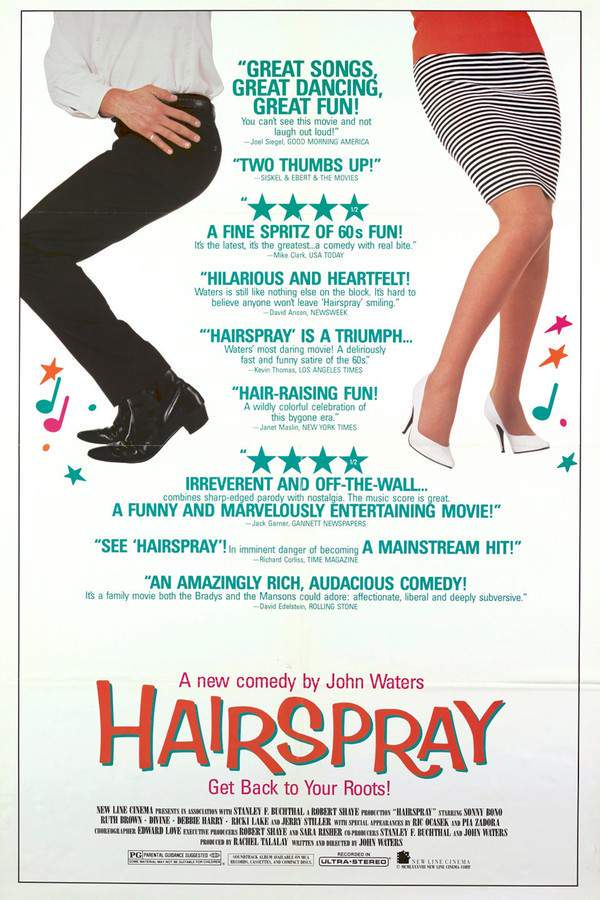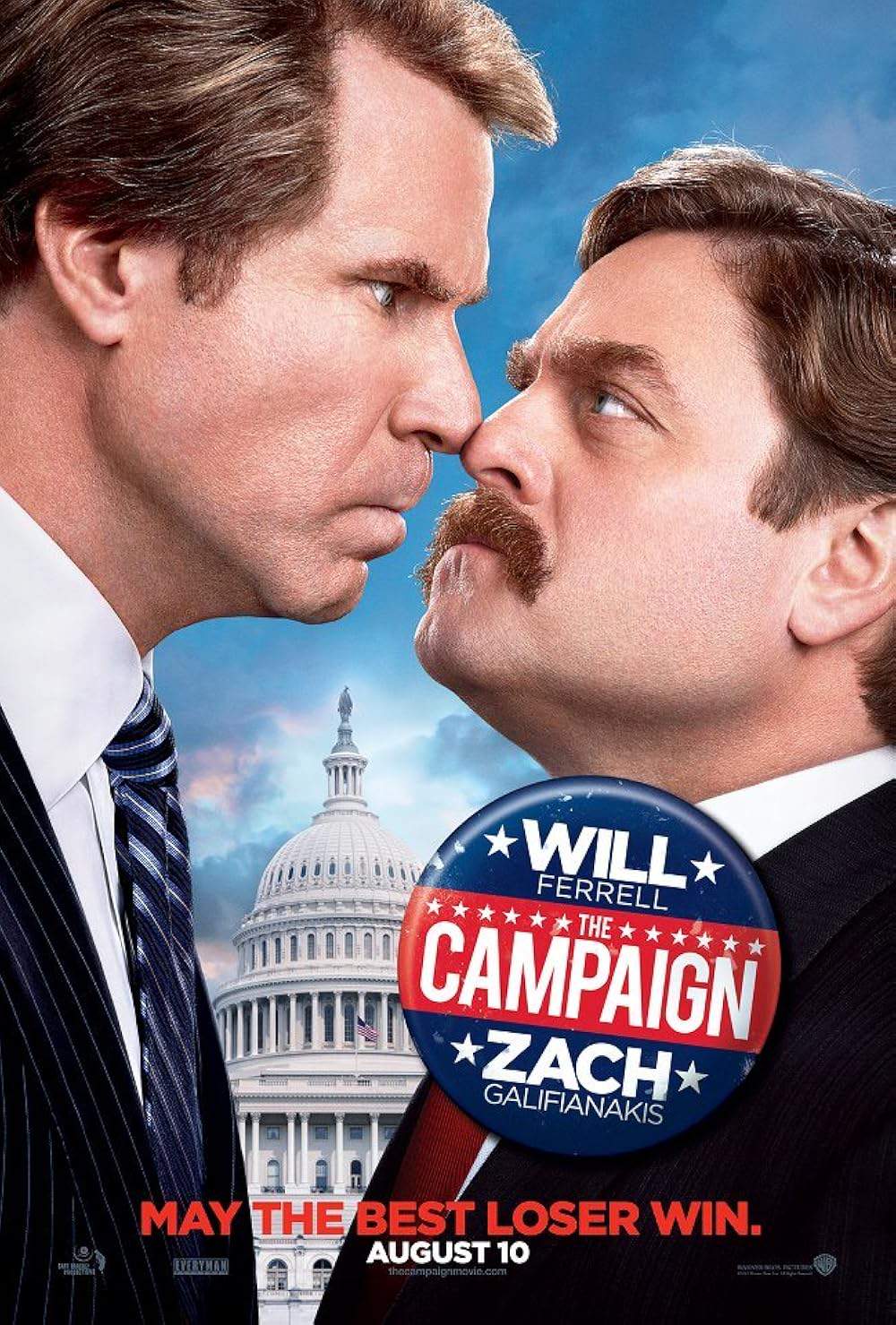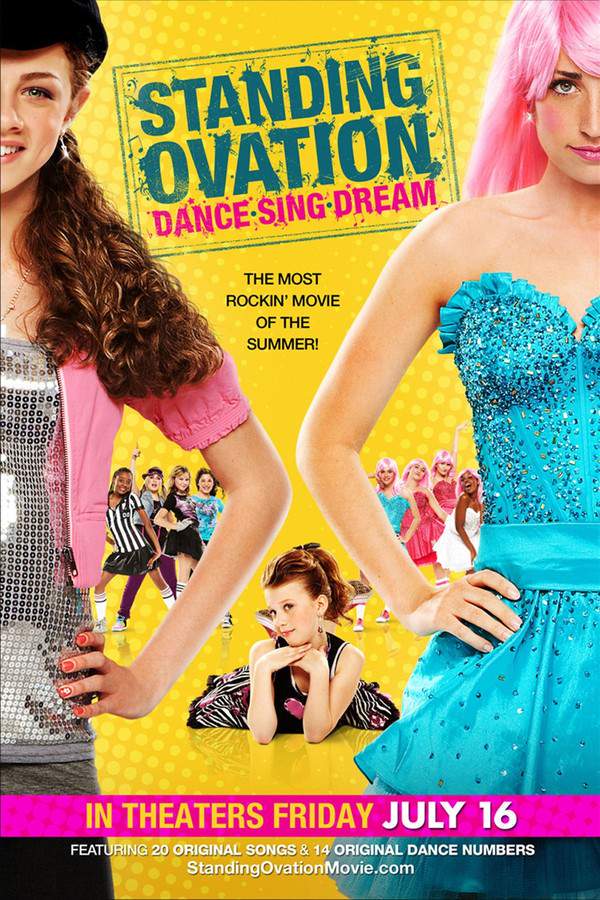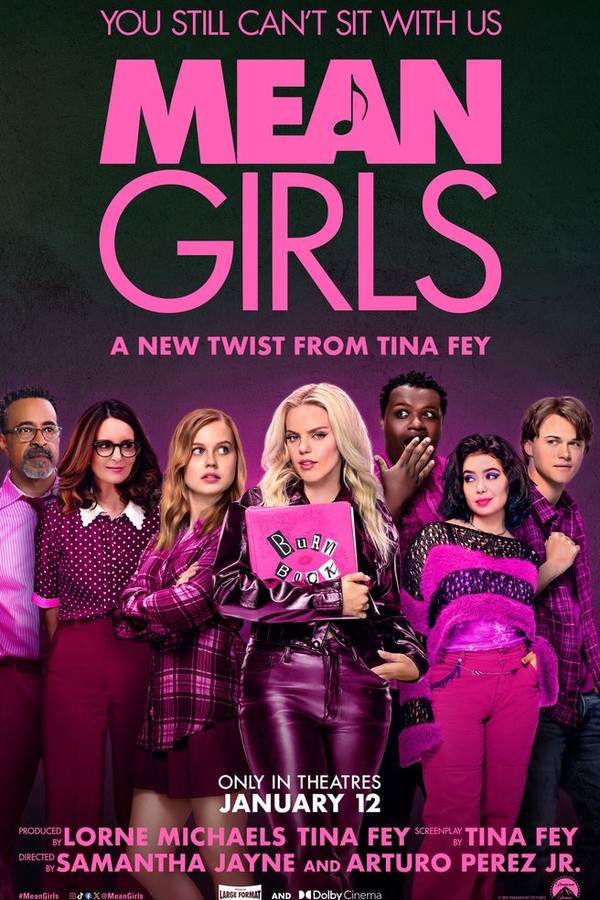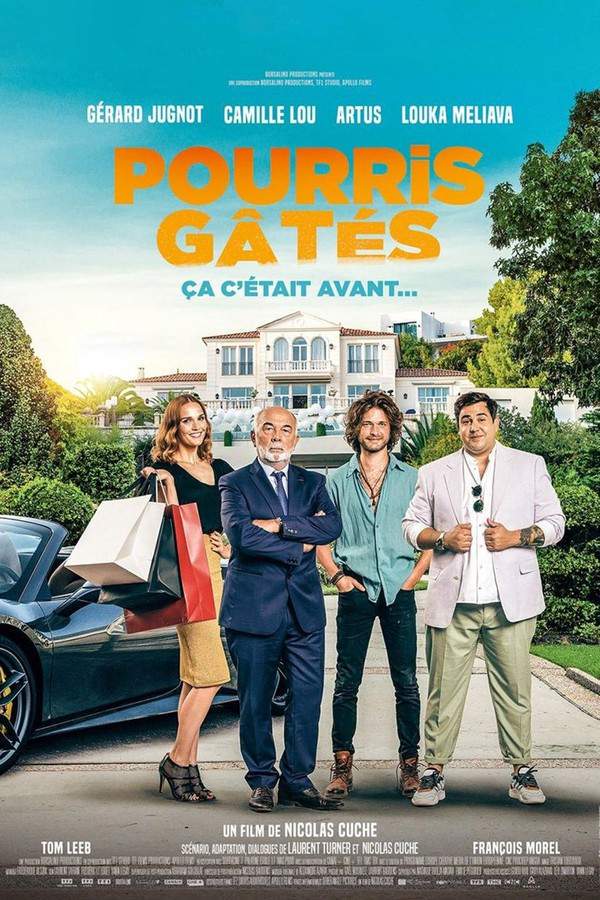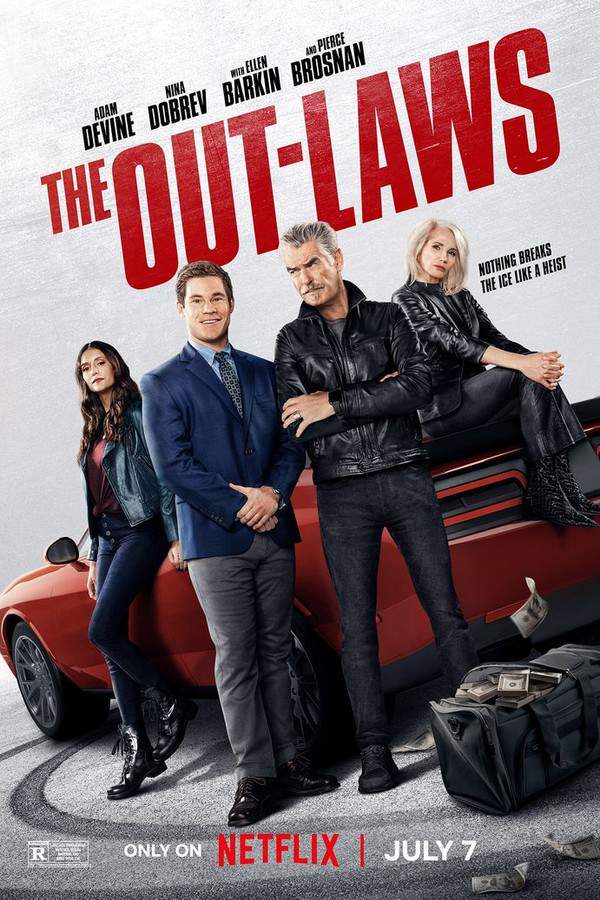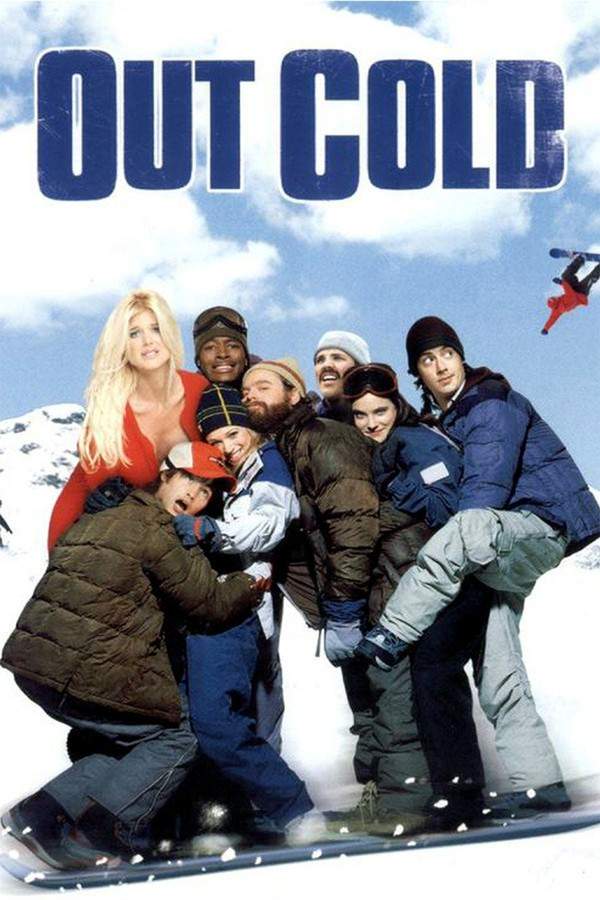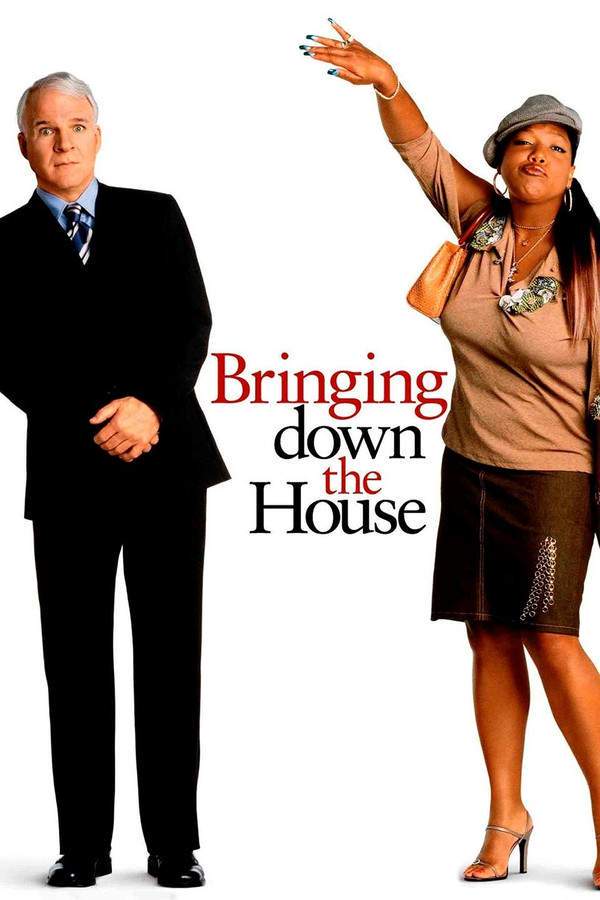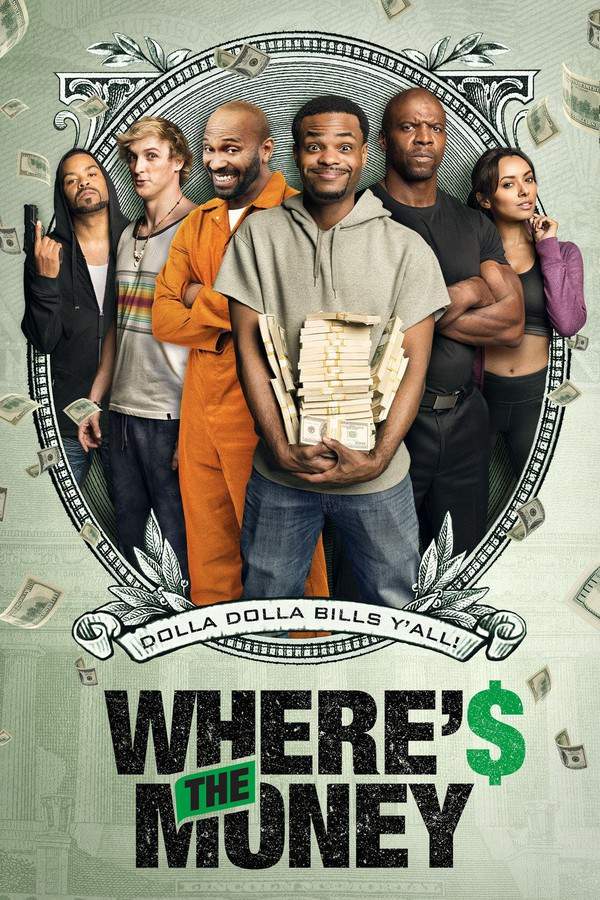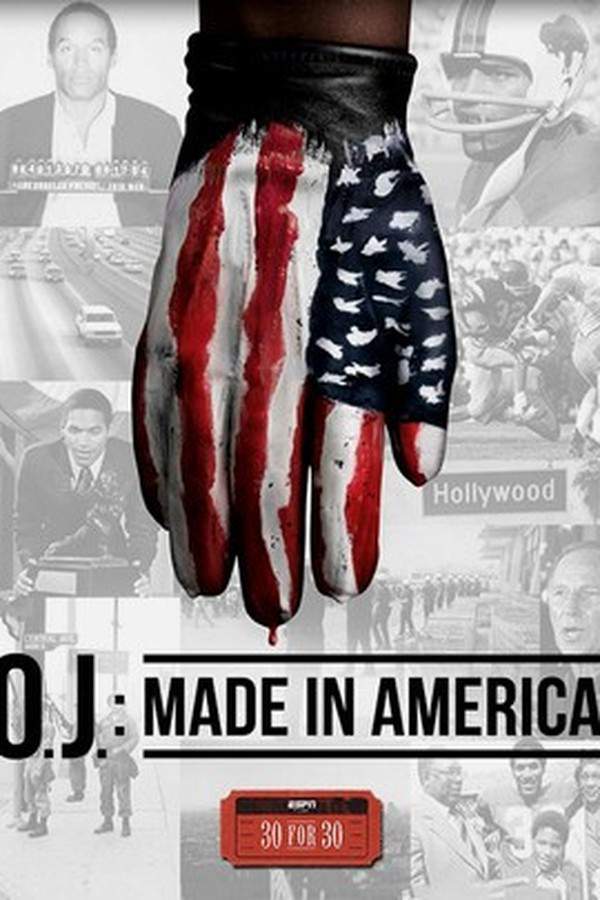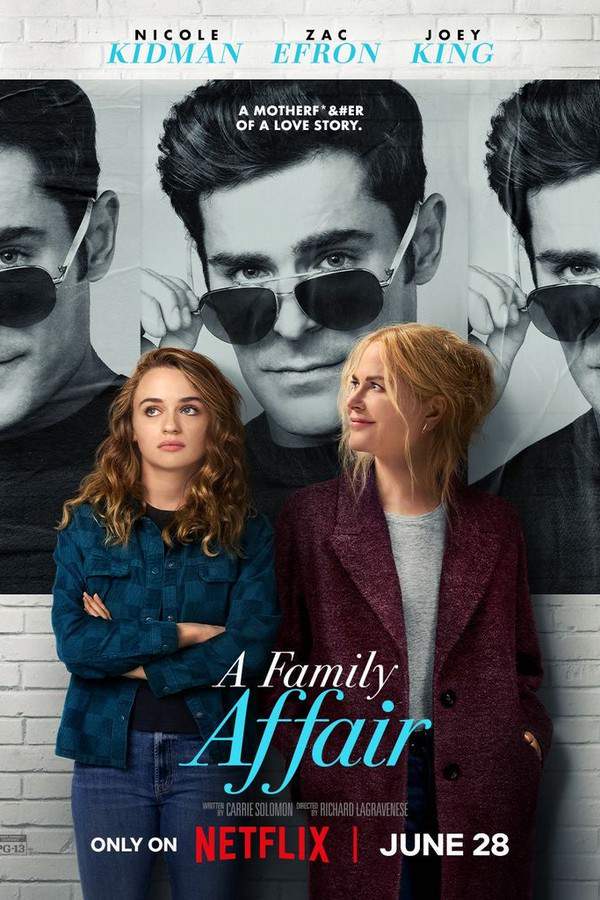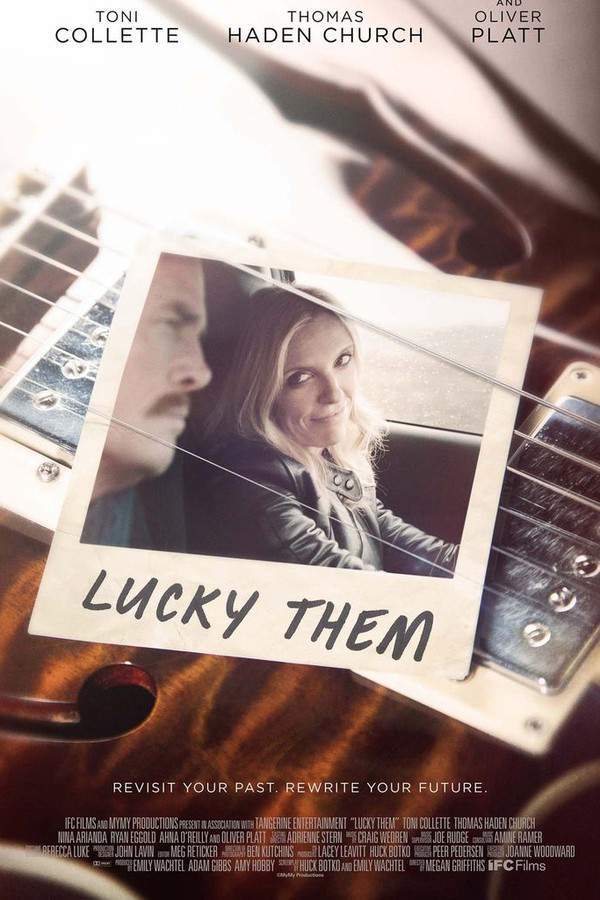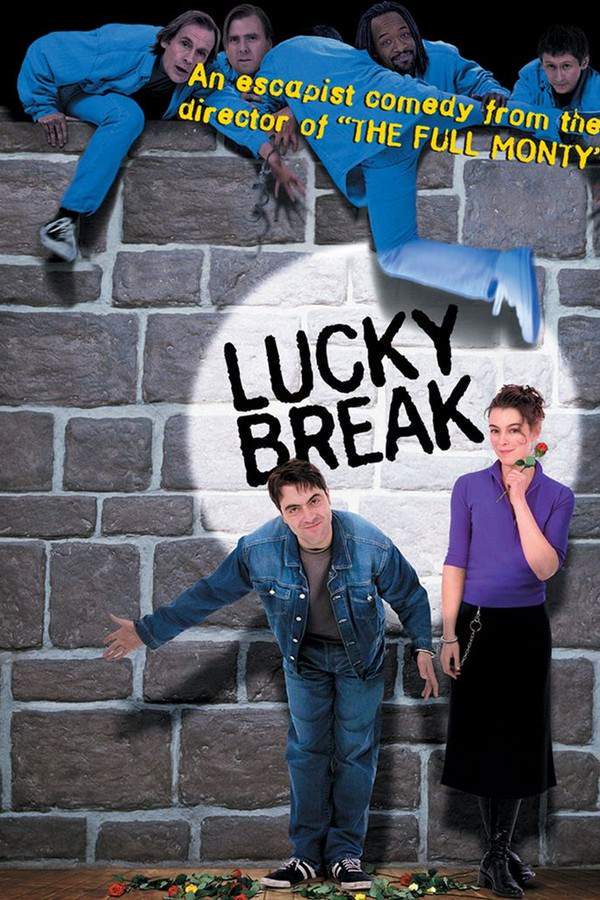
If I’m Lucky
Year: 1946
Runtime: 78 mins
Language: English
Director: Lewis Seiler
An out‑of‑work swing band takes a gig for a political campaign, performing lively numbers to draw crowds at rallies. The candidate is revealed as a puppet of a corrupt political machine, which then sees the band’s charismatic singer as a better front. As the band’s singers fall in love, the election draws near and the lead vocalist wants to quit, but the machine threatens to smear him and his fellow musicians if they walk away.
Warning: spoilers below!
Haven’t seen If I’m Lucky yet? This summary contains major spoilers. Bookmark the page, watch the movie, and come back for the full breakdown. If you're ready, scroll on and relive the story!
If I’m Lucky (1946) – Full Plot Summary & Ending Explained
Read the complete plot breakdown of If I’m Lucky (1946), including all key story events, major twists, and the ending explained in detail. Discover what really happened—and what it all means.
A band of entertainers between engagements is summoned to Centerville when their manager, Wallingham M. ‘Wally’ Jones, dispatches telegrams to the group. The members are scattered in odd jobs: Earl Gordon blows a bugle at a race track, Linda Farrell sells tickets at a movie theater, and Michelle O’Toole works as a hat-check girl, with other musicians shooting golf between gigs. This eclectic crew is drawn together by a chance opportunity to audition for the president of Titan Tire Company, who wants fresh talent for a radio show. But the hopefuls arrive to learn that the job has already gone to Benny Goodman, and they’re left with little cash and empty stomachs until a political rally offers a workaround.
On the day they arrive, Magonnagle’s campaign introduces him as the front man for a populist message, and the band becomes an unexpected instrument in the political machine. The candidate, Darius J. Magonnagle, runs on the slogan “A Vote for Magonnagle Is a Vote for the Common Man,” yet faces a powerful incumbent influence led by Quilby. Among the campaign’s players is Jed Conklin, Magonnagle’s longtime Campaign Manager, who watches the crowd and plans the next move. A seasoned composer, Allen Clark arrives at a rally with a song he hopes the band will perform, and his arrival shifts the dynamic of the group in surprising ways.
Wally sees opportunity in the song and Linda’s voice, purchasing the tune for her to perform, while Allen himself seeks a more permanent place in the band. The arrangement grows when Wally takes on Allen, partly to help carry Michelle O’Toole’s harp, and the group begins to outgrow its earlier, purely practical arrangements. At another rally, Magonnagle is too drunk to speak, and Allen steps in with a brief, effective pitch that earns him attention. Yet the political machine is not done; a scheming official contemplates dropping Magonnagle and replacing him with Allen to dodge accusations of fraudulent appointments, and the idea gains traction as Allen is drawn deeper into the machinations.
The romance between Allen and Linda intensifies, and Titan Tire’s offer reappears: a lengthy radio show contract, worth a staggering sum, keeps the band in the orbit of a rising star. But the prospect of victory for Allen unsettles the delicate balance; the crony-filled circle behind Quilby pressures him to stay committed to the political game. To protect everyone, Allen reluctantly dismisses the band, and Magonnagle returns to tell Linda the truth about the crooked backers. Believing Allen has joined the machine, Linda leaves with the rest of the troupe.
In a climactic moment, Allen delivers a brave denunciation of the corruption on a public platform, exposing the schemes of Dwyer and his cronies. On a bus with the group’s radios, Linda and the band hear the speech, and they hurry to support him. The ensuing pursuit by the police culminates in a dramatic catch-up, but Quilby concedes the race to Allen. With the election resolved, those who stood with him realize there’s room for both public service and a career in entertainment, and the band treks on with a renewed sense of purpose, united by a showman’s heart and a fighter’s spirit.
Last Updated: October 09, 2025 at 10:52
Explore Movie Threads
Discover curated groups of movies connected by mood, themes, and story style. Browse collections built around emotion, atmosphere, and narrative focus to easily find films that match what you feel like watching right now.
Political musicals like If I’m Lucky
Song and dance numbers meet satirical intrigue and the fight against corruption.Find more movies like If I’m Lucky where lively musical numbers are intertwined with political plots. These films blend romantic charm and witty satire with stories of underdogs taking on corrupt systems, offering a cheerful and fast-paced watch.
Narrative Summary
Stories typically follow a group of entertainers—a band, a performer, or a troupe—who become unexpectedly entangled in a political machine. Their artistic talents are used for propaganda, forcing them to choose between complicity and rebellion, often culminating in a public showdown where they use their performance skills to expose the truth.
Why These Movies?
These films are grouped by their unique fusion of the musical and political satire genres. They share a light-hearted, energetic tone even when dealing with serious themes, a fast pace driven by campaign events and rehearsals, and a core narrative about using creativity as a weapon against power.
Movies about underdogs outsmarting corruption like If I’m Lucky
A close-knit group of outsiders uses their wits to expose and defeat a powerful adversary.If you liked the band in If I’m Lucky working together to beat the political machine, you'll enjoy these movies. They feature groups of friends or colleagues using their unique skills and solidarity to triumph over powerful, dishonest opponents in a fun and fast-paced story.
Narrative Summary
The narrative centers on a cohesive group facing an external threat from an unethical organization. The conflict tests their bonds, but their shared loyalty and specialized talents allow them to turn the tables, often through a clever ruse or public exposure, reinforcing the power of unity over individual might.
Why These Movies?
These movies share a core dynamic of a found family confronting institutional corruption. They are united by a light emotional weight, a fast pace with comedic beats, a straightforward good-versus-corrupt narrative, and a deeply satisfying, happy ending where teamwork and integrity win the day.
Unlock the Full Story of If I’m Lucky
Don't stop at just watching — explore If I’m Lucky in full detail. From the complete plot summary and scene-by-scene timeline to character breakdowns, thematic analysis, and a deep dive into the ending — every page helps you truly understand what If I’m Lucky is all about. Plus, discover what's next after the movie.
If I’m Lucky Timeline
Track the full timeline of If I’m Lucky with every major event arranged chronologically. Perfect for decoding non-linear storytelling, flashbacks, or parallel narratives with a clear scene-by-scene breakdown.

Characters, Settings & Themes in If I’m Lucky
Discover the characters, locations, and core themes that shape If I’m Lucky. Get insights into symbolic elements, setting significance, and deeper narrative meaning — ideal for thematic analysis and movie breakdowns.

If I’m Lucky Spoiler-Free Summary
Get a quick, spoiler-free overview of If I’m Lucky that covers the main plot points and key details without revealing any major twists or spoilers. Perfect for those who want to know what to expect before diving in.

More About If I’m Lucky
Visit What's After the Movie to explore more about If I’m Lucky: box office results, cast and crew info, production details, post-credit scenes, and external links — all in one place for movie fans and researchers.

Similar Movies to If I’m Lucky
Discover movies like If I’m Lucky that share similar genres, themes, and storytelling elements. Whether you’re drawn to the atmosphere, character arcs, or plot structure, these curated recommendations will help you explore more films you’ll love.
Explore More About Movie If I’m Lucky
If I’m Lucky (1946) Scene-by-Scene Movie Timeline
If I’m Lucky (1946) Movie Characters, Themes & Settings
If I’m Lucky (1946) Spoiler-Free Summary & Key Flow
Movies Like If I’m Lucky – Similar Titles You’ll Enjoy
Lucky Them (2014) Full Summary & Key Details
Lucky Break (2002) Complete Plot Breakdown
Thank Your Lucky Stars (1943) Film Overview & Timeline
Sing Your Worries Away (1942) Story Summary & Characters
Lucky Partners (1940) Full Summary & Key Details
O Lucky Man! (1973) Movie Recap & Themes
Lucky Night (1939) Plot Summary & Ending Explained
Swing Banditry (1936) Detailed Story Recap
Lucky Me (1954) Story Summary & Characters
The Lucky Stiff (1949) Spoiler-Packed Plot Recap
Lucky Lady (1975) Spoiler-Packed Plot Recap
Lucky Kids (1936) Full Movie Breakdown
Mr. Lucky (1943) Spoiler-Packed Plot Recap
Swing Fever (1943) Complete Plot Breakdown
Thanks a Million (1935) Plot Summary & Ending Explained

